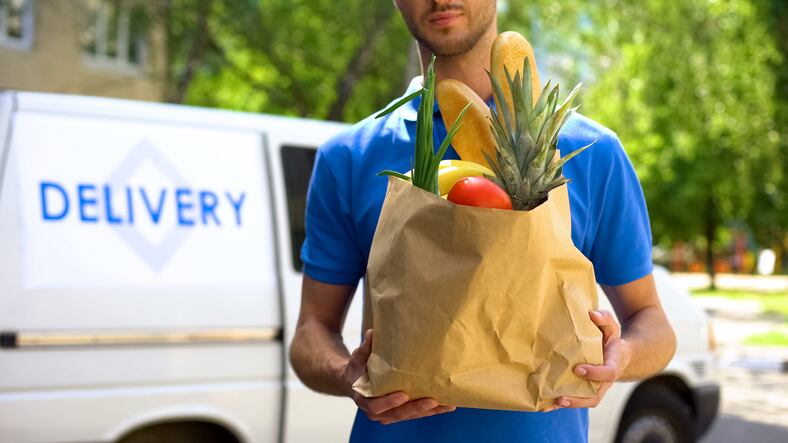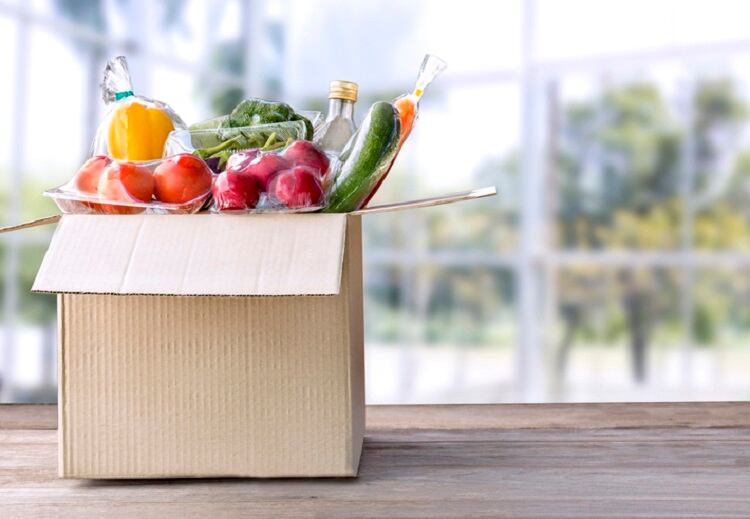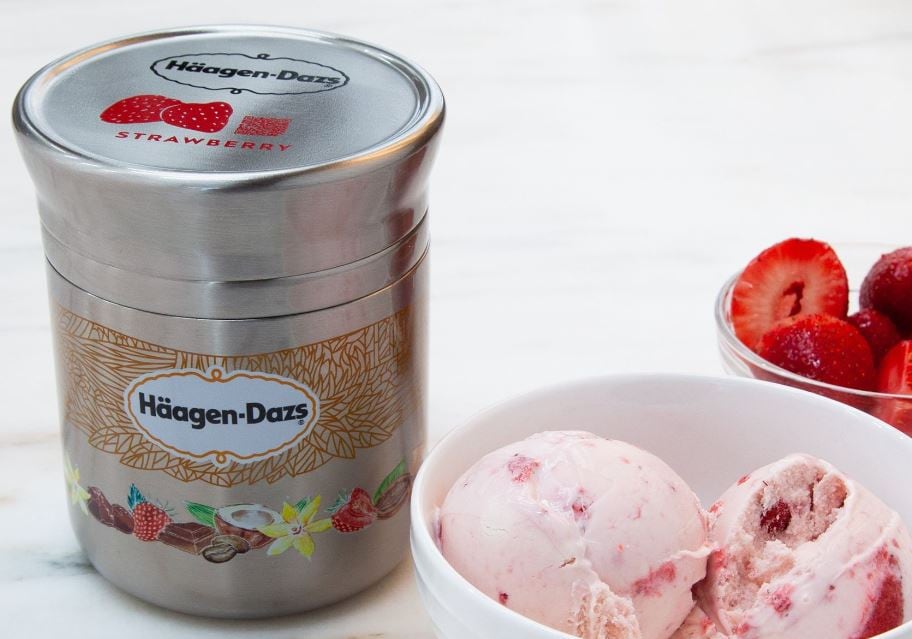Soil Association Certification, which certifies organic food and farming across the UK, has today (February 6) published its annual report on the organic food and drink market.
Topline results boast record sales of £2.33bn (€2.64bn) for 2018, representing an increase of 5.3% compared to 2017.
“The figure represents the highest ever value placed on the organic market, following seven consecutive years of growth, and means that almost £45m is spent on organic a week,” according to the organic certification body, which predicts the market to be worth £2.5bn by 2020.
Thinking inside the box
Of note, was significant growth in the home delivery of organic products, via online and box schemes, which represents the fastest growing route to market in the UK.
Home delivery sales grew 14.2% in 2018, and now accounts for 14% of organic sales in the UK. Soil Association Certification predicts this sector to make up approximately 25% of all sales by 2023.

Major players in this space include Riverford and Abel & Cole, which are reported to have up to 50,000 customers weekly.
However, smaller home delivery businesses have also benefited from increased growth, with an increase of more than 30% in sales of organics, according to the report. “New box schemes and others have enjoyed significant increases.”
Other key areas of growth were identified in supermarket sales, which increased by 3.3%, and by independent retailers, which saw sales increase by 6.2%, “buoyed by healthy and hyper-local shopping habits and wider organic ranges from wholesalers,” said the certification body.
Consumer trends
For Clare McDermott, business development director of Soil Association Certification, increased uptake in organic food and drink products is linked to a variety of ethical and health-related factors.
“We know that more shoppers are looking to purchase sustainable products to reduce their impact on the plant, and this has combined with an increasing value being placed on transparency and traceability in the food system, more local and online shopping, and increasing interest in healthy options – where organic is often seen as a signpost to healthy choice.”
Looking closer at sales categories, high levels of growth were observed in organic wine, chilled foods, and canned and packaged grocery products.
A move towards organic vegetarian foods and fresh produce was also observed: the chilled convenience sector saw sales grow by more than 25% during the year, with fresh fruit and vegetables responsible for £15m in revenue.
“We have seen a resurgence of organic”
With close to £45m a week spent on organic food and drink – a sector that accounts for 1.5% of the overall food market in the UK – Soil Association Certification says industry has well and truly observed a growing trend.
“Over the last few years, we have seen a resurgence of organic among some of the leading brands – Kellogg’s, Tropicana, Babybel – brands that are recognising the changing consumer and their desire to make choices which are better for the health and the environment,” Soil Association Certification trade consultant Finn Cottle told FoodNavigator.
This growing interest is not looking like slowing down, Cottle suggested. “…As consumer shopping and eating habits continue to change towards more sustainable and healthy options, organic is likely to become increasingly popular in the food and beverage industry.”
Denmark in first place
The UK’s organic market has experienced considerable growth over the past few years, but ranks far behind the Danes.
Last year, FoodNavigator reported that in Denmark, the organic sector accounted for almost 10% of food sales in 2017 – compared to the UK’s 1.5% in 2018. Luxembourg followed with organic sales responsible for 8.6% of total food sales, and Switzerland with organic products taking 8.4% market share.
Out of reach for low-income earners?
While organics are deemed to be healthier and better for the environment, certain products have the reputation of being too expensive for the low-income earner.
Soil Association Certification refuted this view: “There is a perception that organic is always more expensive but this is not always the case,” Cottle told FoodNavigator.
“Staples like pulses, pasta, rice and wholegrains are often the same price and many key organic brands in categories such as yogurts, babyfood and chocolate are facing competitive pricing from non-organic brands head on.”
In addition, organic products are becoming more accessible through retail outlets and, as previously mentioned, via online services, he continued, telling us that buying directly from farmers or through box schemes can also help save consumer pennies.
“If you plan meals in advance, choose cheaper cuts and seasonal ingredients, eating organic can be achievable for everyone. Where organic does cost more, you’re paying for the extra care farmers place on the environment and animal welfare. Organic is definitely worth the cost.”
The annual report is available to download here (free to Soil Association Certification licensees).





